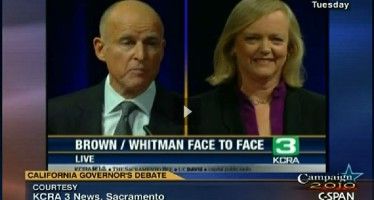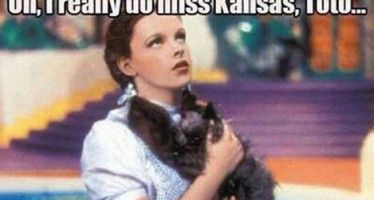U.S. Census Bureau ratted out Japanese Americans in WWII
By John Seiler
One of the most disgraceful acts in American history was the incarceration of loyal Japanese-Americans in what President Roosevelt, who instigated the abomination, called “concentration camps.” Under FDR’s unconstitutional Executive Order 9066, more than 100,000 of these Americans, most citizens, were taken from California and other coastal areas to the camps inland. The best known was Manzanar, 230 miles Northeast of Los Angeles. My colleague Steven Greenhut visited and wrote an article on it a couple of years back.
Another top instigator was Earl Warren, first as California attorney general, then as governor. After the war his crimes against justice were rewarded with an appointment as chief justice of the U.S. Supreme Court, where he kept shredding the Constitution.
Yet none other than J. Edgar Hoover, the head of the FBI, opposed the internment. He said any real spies already had been nabbed.
There also were German-American spies who were arrested during the war. Yet that didn’t lead the government to lock up such German-Americans as Gen. Dwight D. Eisenhower and Admiral Chester Nimitz. Instead, they ran the war effort!
The Japanese, although treated badly, remained loyal Americans and sent their sons to fight bravely in the famous 442nd Infantry Regiment.
Census betrayal
How did the government identify the Japanese? For seven decades, the U.S. Census Bureau denied it turned over records to the authorities. All Census records are supposed to be kept secret, used only to compile anonymous data to apportion congressional districts and produce demographic profiles.
A couple of years ago it was revealed that the Census Bureau was lying. Remember that whenever they next ask all those snoopy questions on the 2020 form. (Don’t answer the questions. I don’t.)
The Scientific American reported:
“The Census Bureau surveys the population every decade with detailed questionnaires but is barred by law from revealing data that could be linked to specific individuals. The Second War Powers Act of 1942 temporarily repealed that protection to assist in the roundup of Japanese-Americans for imprisonment in internment camps in California and six other states during the war. The Bureau previously has acknowledged that it provided neighborhood information on Japanese-Americans for that purpose, but it has maintained that it never provided ‘microdata,’ meaning names and specific information about them, to other agencies.
“A new study of U.S. Department of Commerce documents now shows that the Census Bureau complied with an August 4, 1943, request by Treasury Secretary Henry Morgenthau for the names and locations of all people of Japanese ancestry in the Washington, D.C., area, according to historian Margo Anderson of the University of Wisconsin–Milwaukee and statistician William Seltzer of Fordham University in New York City. The records, however, do not indicate that the Bureau was asked for or divulged such information for Japanese-Americans in other parts of the country.
“Anderson and Seltzer discovered in 2000 that the Census Bureau released block-by-block data during WW II that alerted officials to neighborhoods in California, Arizona, Wyoming, Colorado, Utah, Idaho and Arkansas where Japanese-Americans were living. ‘We had suggestive but not very conclusive evidence that they had also provided microdata for surveillance,’ Anderson says.”
The confidentiality law was restored in 1947. But can anybody trust the government — ever? The badly named USA PATRIOT Act of 2001 shredded our privacy laws. Both Republicans and Democrats, in a panic after 9/11, threw away the Bill of Rights. Of course, we were assured that safeguards would be put in place.
But as the new revelations of the Census abuses of Japanese-Americans show, the government never can be trusted.
Related Articles
Productivity slowing — bad news for budgets
Jan. 17, 2013 By John Seiler Both the U.S. and California budgets depend on continuing economic growth. Gov. Jerry Brown
Brown vs. Kashkari debate
Let’s hope Gov. Jerry Brown accepts the invitation to debate Neel Kashkari issued by the consortium that hosted Brown’s debate
Food stamps up in CA, down in Kansas
Despite the economic recovery, poverty is increasing in California. It’s one of the few states to see an increase in





